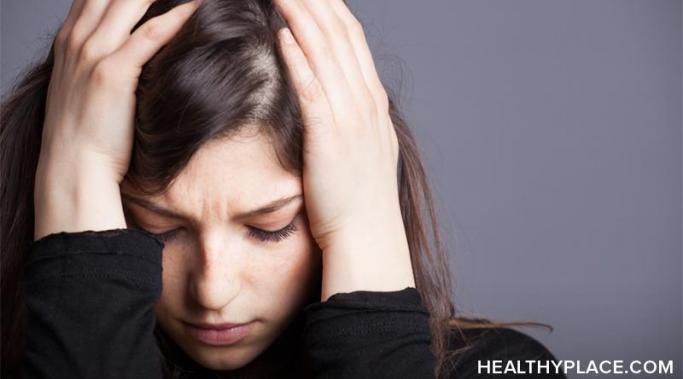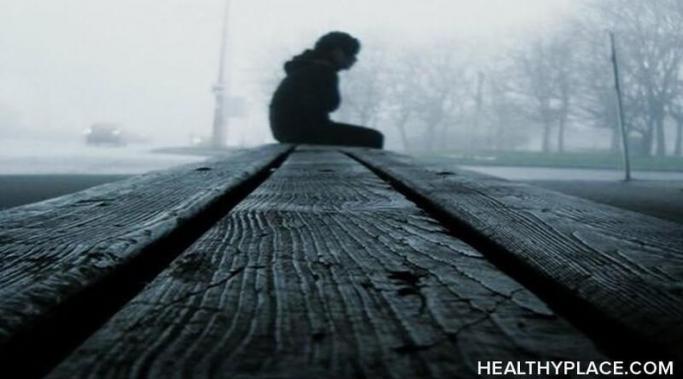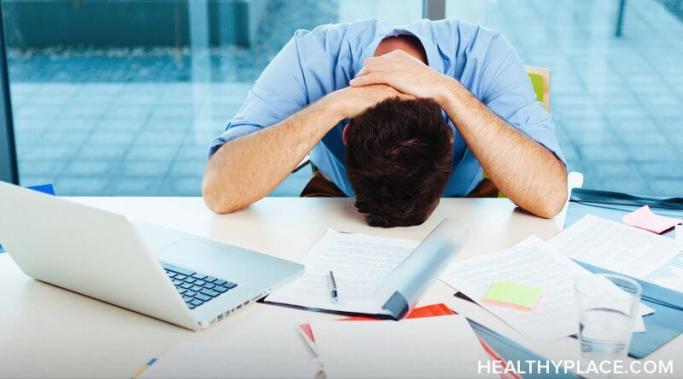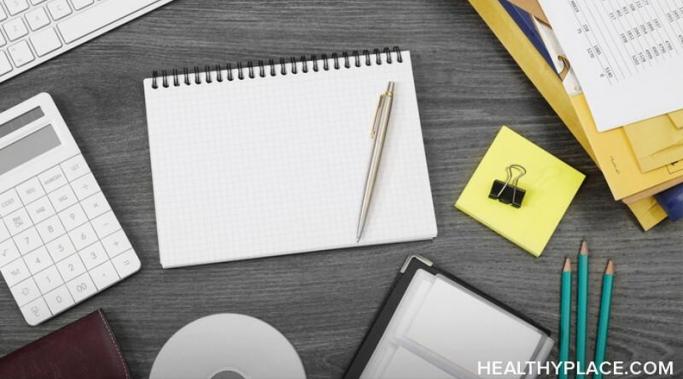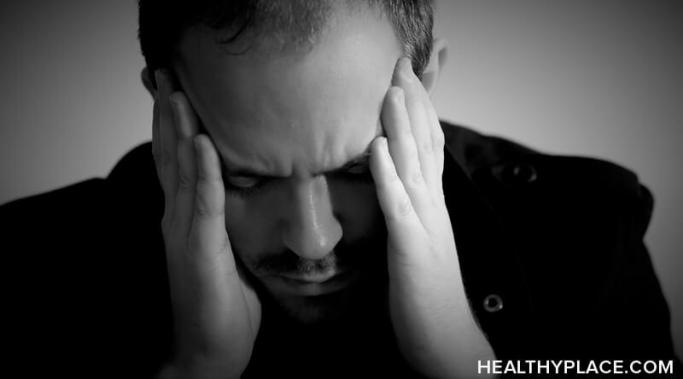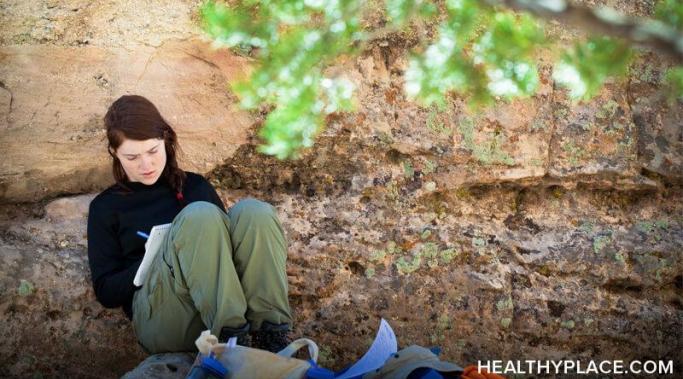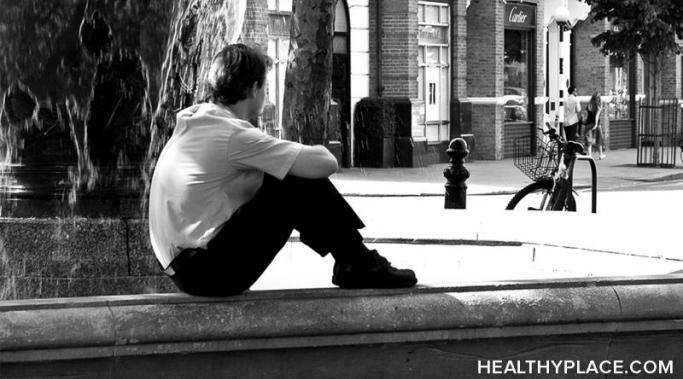Anxiety messes with lives. That's really the bottom line of anxiety, isn't it? It barges into our lives, uninvited, and acts like a boorish guest. It causes all sorts of miserable symptoms, which are annoying enough as it is. Unfortunately, anxiety isn't just confined to a set of symptoms, but, instead, inserts itself into our lives and has negative effects that cause disruption. While the effects of anxiety are unique to each person who experiences any type of anxiety, there are some effects that many people with anxiety share. In the spirit of "misery loves company," and so you know you're not alone, here are common effects of anxiety--six ways anxiety messes with life.
Anxiety-Schmanxiety
I’ve been living in a new place for nearly three months, and the anxiety of loneliness is getting to me. This place is more removed from basically all of my close friends and family, so I’m not going to be able to visit them as often as I once was. Obviously, this has been difficult for me. This post is my attempt to try and come to terms with that.
Anxiety can make work or school difficult. A strong sense of perfectionism can make starting and completing tasks daunting, sometimes leading to incomplete work and missed deadlines. Fears about presentations can make life miserable. Even worries about sitting in a quiet room where others can see or hear you or stressful situations with coworkers or classmates can cause anxiety symptoms to skyrocket. The effects of work or school anxiety can make every day miserable or even keep you at home in avoidance. One approach to deal with this is to become a SCUBA diver.
Parenting anxiety doesn't end when a child goes off to college. In fact, experiencing anxiety about college-age kids (young adults) is common. I've had many conversations recently about worries and anxiety around kids going off to college, and I just dropped off my own son at his school for his freshman year. Here's a look at why sending a young adult child can cause anxiety and how not to be consumed with worry despite all of the causes.
I’m the kind of person that has a lot of hobbies. As such, I’m constantly coming up with ideas for creative projects related to those hobbies. The amount that I’ve been able to devote to those projects because of my anxiety, however, is nowhere near what I sometimes envision it to be. Oftentimes I am guilty of trying to do too many things at one time, and I need to be better about that.
Physical health and mental health aren't separate concepts. Body, brain (the physical organ), and mind (our thoughts, feelings, sense of self, and much more) are deeply interconnected. To care for one requires us to care for the others, and by tending to all of them, we can function well despite any obstacle in our path--including anxiety. Use these four simple health tips to keep your whole self healthy so you can stay calm despite anxiety.
Some of you may have noticed that I took a break from blogging throughout most of August and the beginning of September. Last month, I made the conscious decision to walk away and take a break for the benefit of my mental health.
Losing a friend or loved one to suicide can be devastating and cause a storm of roiling emotions that threaten to overpower you. Among the many strong emotions you may be feeling are anxiety and guilt. These emotions are complex and multifaceted, making them hard to deal with. (Note: This post contains a trigger warning.)
To begin with an understatement, let's say that anxiety is frustrating and anxious thoughts disrupt inner tranquility. An equal understatement is that we don't have to give into anxiety and remain trapped. There are so many ways to beat anxiety, and there are strategies and tools for every personality and unique individual who experiences their own version of anxiety. An important part of gaining freedom from anxiety (which means both reducing anxiety symptoms and living well in spite of lingering symptoms) is knowing when to act on anxiety and anxious thoughts and when to be still.
If you live with anxiety, chances are you look for problems. Don't get me wrong. You're most definitely not doing it on purpose. All humans have a built-in negativity bias that causes us to be on alert for danger so we can take action to protect ourselves. Anxiety, in its misguided attempt to keep us safe, usurps that negativity bias and magnifies it, causing us to operate under the assumption that there are problems everywhere.
